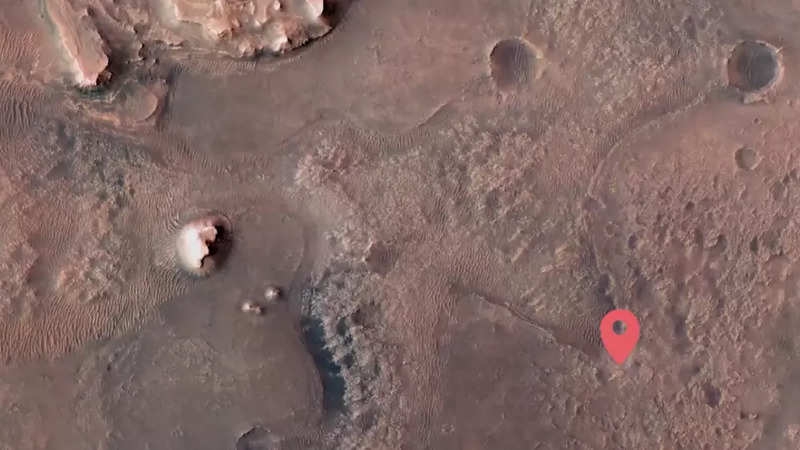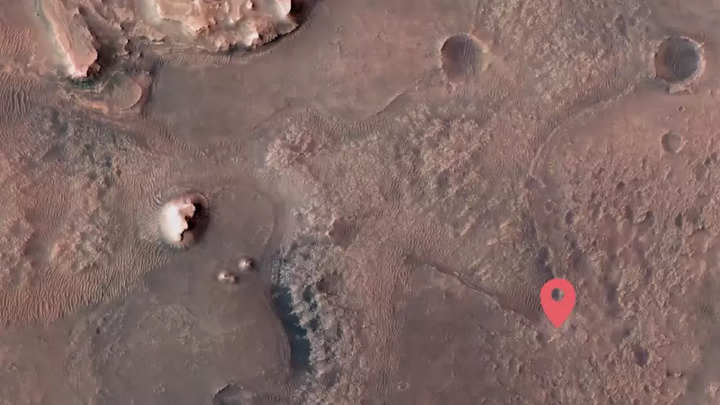

Researchers have found new insights into how water from melting ice could have helped in the formation of ravine-like channels that cut down the sides of impact craters on Mars.
Called Martian gullies, which look similar to gullies that form on Earth in the Dry Valleys of Antarctica, are caused by water erosion from melting glaciers.
The researchers, published their paper in Science, found that when Mars tilts on its axis to 35 degrees, the atmosphere becomes dense enough for brief episodes of melting to occur at gully locations.
The team then “matched the data from their model to periods in Mars history when the gullies in the planet’s Terra Sirenum region are believed to have expanded rapidly downhill from high elevation points” which is a “phenomenon that could not be explained without the occasional presence of water.”
“We know from a lot of our research and other people’s research that early on in Mars history, there was running water on the surface with valley networks and lakes,” said Jim Head, a professor of geological sciences and Brown planetary scientist.
“But about 3 billion years ago, all of that liquid water was lost, and Mars became what we call a hyper-arid or polar desert. We show here that even after that and in the recent past, when Mars’ axis tilts to 35 degrees, it heats up sufficiently to melt snow and ice, bringing liquid water back until temperatures drop and it freezes again,” head added.
Why is it important
According to the paper, the findings help researchers fill some of the missing gaps on how these gullies formed. This includes how high gullies started forming, how severe the erosion is and how far they extend down the side of craters.
According to previous theories, Martian gullies were carved by carbon dioxide frost, which evaporates from soil, causing rock and rubble to slide down slopes.
FacebookTwitterLinkedin
end of article